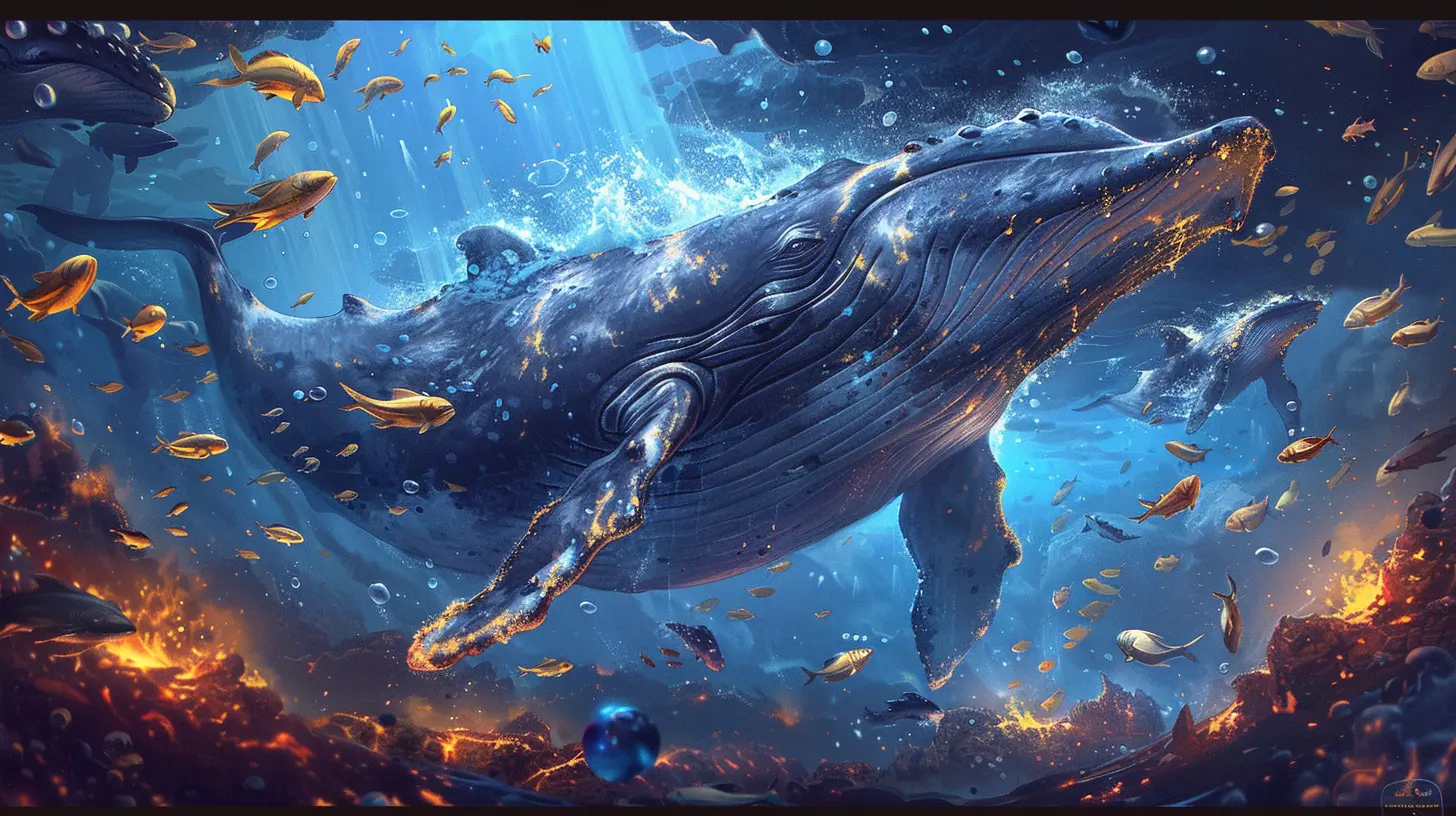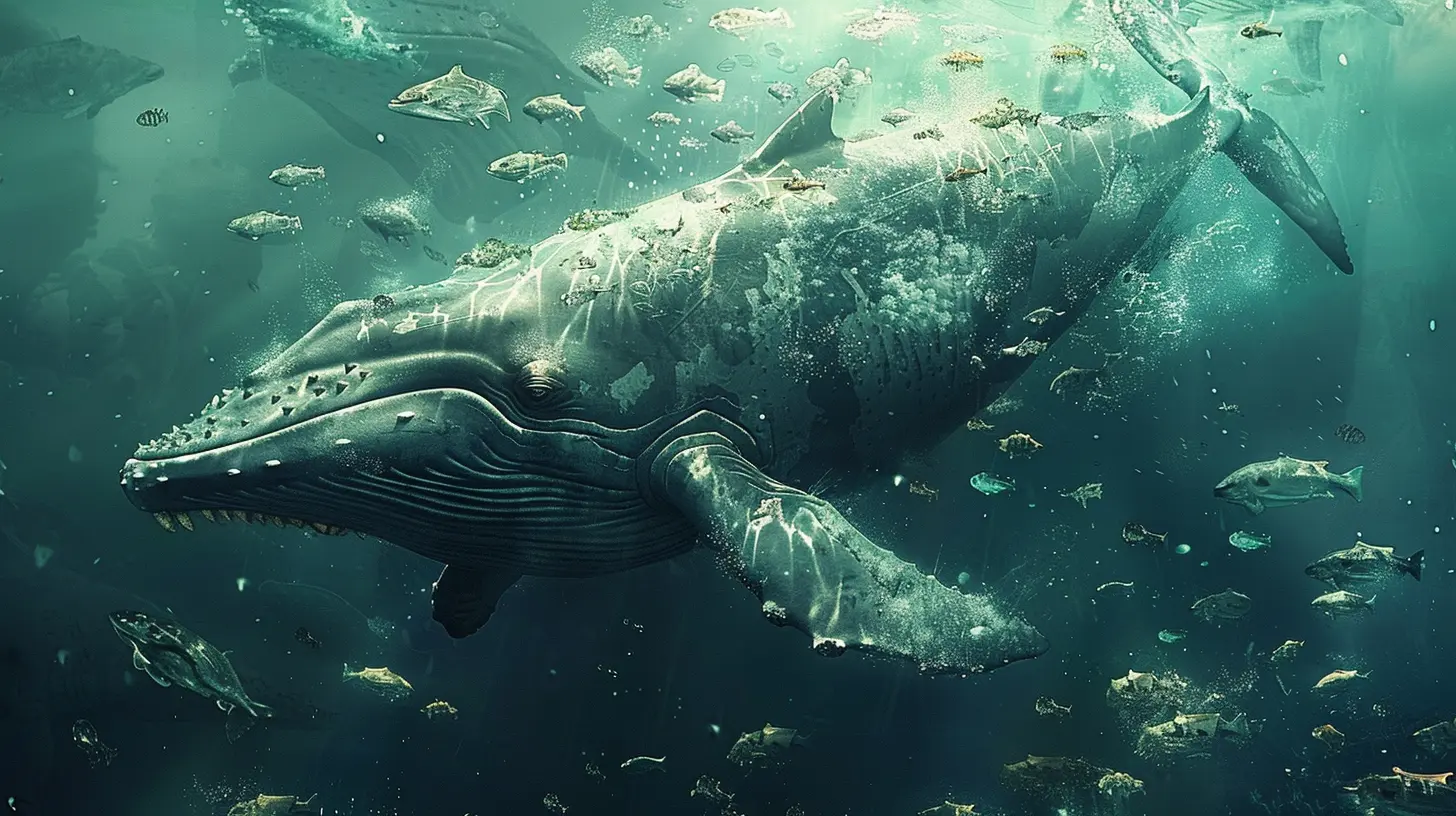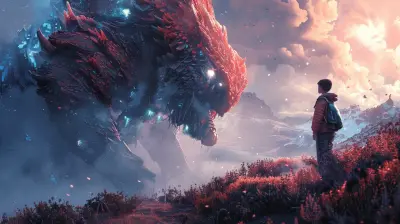Big Spenders: The Psychology of Whales in Gaming
14 October 2025
In the vast digital ocean of online games, there swims a rare breed—enigmatic, powerful, and often misunderstood. They’re not developers. They’re not streamers. They’re players, just like you and me, but with one key difference: they spend. A lot.
We call them whales.
These are the big spenders, the ones who drop hundreds, thousands, even tens of thousands of dollars on in-game items, cosmetics, and currencies. But why? What swims beneath the surface of such big spending behavior? What psychological currents drive whales to spend as much as they do in the gaming universe?
Let’s dive deep into the psychology of whales in gaming—no scuba gear needed.
🎮 Who Are the Whales?
In gaming lingo, a "whale" isn't just a big fish (ironic, huh?). It's a term borrowed from the casino world. Casinos use it to refer to high rollers—those who gamble with reckless abandon and thick wallets. The gaming industry adopted the same term to describe players who account for a huge chunk of game revenue.Whales typically represent a small percentage of a game’s user base, but they contribute the majority of its profits. In fact, in many free-to-play mobile games, 1-2% of users—yes, just a sliver—generate over 70-90% of the total revenue.
Let that sink in. 🐳
💰 The Economics of Free-to-Play: Why Whales Matter
Most games today are free-to-play (F2P). You can download them without paying a dime. But developers have to make money somehow, right? Enter microtransactions—small purchases for things like character skins, weapons, power-ups, or extra lives.For a large chunk of players, these are optional. For whales, they’re essential.
These players are the financial backbone of many game studios. Think of them as super-fans with a credit card. Without whales, some of your favorite mobile or online games might not even exist. It’s not just about supporting the game—it becomes a lifestyle.
🧠 The Psychology Behind the Spending
So, what flips the switch for someone to go from casual spender to full-blown whale?1. Status and Prestige
Games are social spaces now. Whether it’s an MMORPG or a mobile battle royale, we see and interact with other players. And in these virtual worlds, money buys visibility.That limited-edition skin? The glowing pet that follows you around? The rare mount that makes your character ten feet tall and breathes fire? It all screams, “Look at me!”
Much like people wear designer clothes or drive flashy cars in real life, whales flex in the digital sphere. Their in-game purchases are badges of honor—symbols of status.
2. Time vs. Money
Here’s the cold truth: not everyone has time. Some players are older, have full-time jobs, kids, or just less free time than the average teen grinding 12 hours a day.Whales often spend money to save time.
Instead of grinding for weeks to unlock that powerful character, they just buy it. It’s a simple exchange: cash for access, money for progression.
Is that cheating? Maybe. But in their eyes, it’s just efficiency.
3. The Thrill of the Purchase
You know that dopamine hit you get when you buy something new? Whales chase that.There’s a psychological high tied to purchasing. It’s called the “buyer’s rush.” Especially in games that use randomized loot boxes (hello, gacha mechanics), buying becomes gambling. Not knowing what you’ll get adds tension and excitement.
It’s a digital lottery, and whales are all-in.
4. Emotional Investment
Ever put so much time into a hobby that you just couldn’t stop? Same goes here.Whales often develop deep emotional connections with the games they spend on. Some see their characters as reflections of themselves. Others view their progression as a personal milestone.
When you’ve already spent a fortune on a game, what's a bit more to reach the next level?
5. Social Bonds and Guilt
Multiplayer games often feature guilds or clans—tight-knit groups where players rely on each other. Whales can feel responsible for the group's success. They might buy resources to support teammates, gear to help win wars, or boosts for faster progress.In some cases, guilt plays a role too. Whales may feel the need to “pull their weight” financially if others contribute time or effort. It's digital teamwork with real-world wallets.
🎲 Game Design: Crafted for the Whale
Let’s not sugarcoat it—many games are designed with whales in mind.Game developers know the value whales bring, and many systems are built to encourage spending. But it’s not always malicious. Sometimes it’s smart business.
Here’s how:
- FOMO (Fear of Missing Out)
Timed events, rare items, limited-edition sales—these are all tools to pressure players into spending now… or never.- Tiered Rewards
Spend more, get more. It’s simple economics with psychological undertones. The sunk cost fallacy kicks in ("I’ve already spent $50, what’s $10 more to complete the set?").- Social Comparisons
Leaderboards, exclusive clubs, shiny cosmetics—these appeal directly to a person’s ego. If someone sees others flexing, they might feel the urge to match or outdo them.🧪 Are Whales Addicted?
This is where things get tricky.There’s a fine line between passionate gaming and problematic behavior. Some whales are in full control—like collectors who enjoy their hobby. Others fall into patterns that resemble addiction.
When spending becomes compulsive, starts affecting real-life finances, or creates emotional distress, it crosses into dangerous territory.
Some countries have started regulating games, especially those that include gambling-like mechanics (loot boxes, gacha pulls). Japan, South Korea, and Belgium are leading the charge.
But much of it still depends on players being self-aware. And let’s be honest—digital temptation is hard to resist.
🧭 Do Whales Hurt or Help Gaming?
There’s plenty of debate around this topic.✅ The Pros:
- Whales fund the game for everyone. Free players get to enjoy the experience without paying.- Their spending supports jobs, updates, and new content.
- They often drive community activity and competitiveness.
❌ The Cons:
- Games may become "pay-to-win," alienating non-spenders.- Developers might cater too much to whales, ignoring casual players.
- It can promote unhealthy spending or addictive behavior.
So, are whales heroes or villains? Maybe they’re just… people. With wallets. And a love for games.
🧍What If You Were a Whale?
Before you judge, ask yourself: if you had unlimited money, would you drop $1,000 on a game you love?Maybe that ultimate armor set would call to you louder. Maybe skipping the grind would feel justified.
Whales aren’t always who you think they are. They could be doctors, lawyers, or full-time parents. Some are generous, helping others enjoy the game. Others are just collectors on a digital treasure hunt.
What matters is understanding—not judgment.
🧠 Final Thoughts: The Mind Behind the Money
The psychology of whales is complex, layered, and deeply human. It’s a swirl of ego, emotion, entertainment, and economics. Some chase prestige. Others chase thrill. Some just want to enjoy the game on their own terms.And honestly? That’s okay.
What matters is having systems in place to keep things fair and ethical—for whales, minnows, and everyone in between.
So next time you see someone rocking a $500 mount in your favorite MMORPG, tip your digital hat. They might just be the reason the game is still alive.
all images in this post were generated using AI tools
Category:
In Game PurchasesAuthor:

Leandro Banks
Discussion
rate this article
1 comments
Peregrine McInerney
This article offers an intriguing look into the motivations behind whale spending in gaming. It's fascinating yet concerning how developers cater to these players. Understanding this psychology is essential for fostering healthier gaming environments and promoting balanced spending habits.
October 14, 2025 at 2:58 AM

Leandro Banks
Thank you for your insightful comment! Understanding the motivations of whale spenders is crucial for promoting healthier gaming practices and ensuring a balanced experience for all players.


